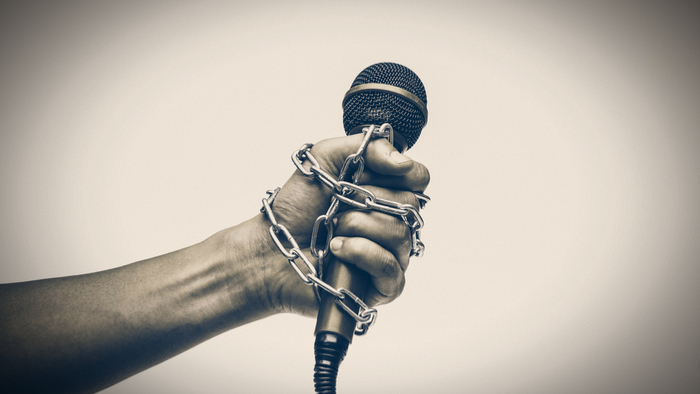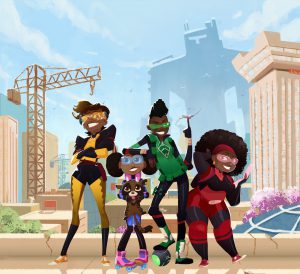

In Nigeria, a Federal High Court in Lagos State has ruled against the National Broadcasting Commission (NBC), ordering it to refrain from leveraging the NBC Act and the Nigeria Broadcasting Code to impose fines on media outlets and broadcast stations in the country.
The court determined that the NBC does not possess the authority to impose penalties, suspensions, or revoke licenses of media houses for facilitating access to a variety of information on matters of public significance.
This judgment was delivered on June 13 by Hon. Justice Nicholas Oweibo in response to a lawsuit initiated by the Socio-Economic Rights and Accountability Project (SERAP) and the Centre for Journalism Innovation and Development (CJID), case number FHC/L/CS/1486/2022. The certified copy of the judgment was made available last Friday.
Previously, in 2022, the NBC had imposed a fine of N5 million each on several media outlets, including Trust TV, Multichoice Nigeria Limited, NTA-Startimes Limited, and TelcCom Satellite Limited, due to their documentaries addressing terrorism in Nigeria. The commission alleged that these documentaries “glorified the activities of bandits, undermined national security, and violated the Nigeria Broadcasting Code.”
In his ruling, Justice Oweibo stated that SERAP and CJID were entitled to sue the NBC because they represent issues of public interest, affirming that they are “not meddlesome interlopers.”
Justice Oweibo rejected the objections raised by NBC’s legal team and supported the arguments of SERAP and CJID, resolving all associated issues in their favour.
He declared, “The act of the Defendants imposing fines of Five Million Naira on the independent media houses is unlawful, inconsistent with, and violates the principles of legality, necessity, and proportionality, thereby breaching rights to freedom of expression, access to information, and media freedom.”
Moreover, Justice Oweibo asserted that “the NBC’s use of the Broadcasting Code to impose sanctions on independent media houses for alleged infractions, without judicial oversight, infringes upon sections 6[1] & [6][b] and 36[1] of the Nigerian Constitution 1999, as well as Articles 1 and 7 of the African Charter on Human and Peoples’ Rights and Article 9 of the International Covenant on Civil and Political Rights, to which Nigeria is a signatory.”
He added that “the Defendants lack the legal power and authority to impose any penalties, fines, suspensions, or any form of punishment on independent media houses for promoting access to diverse opinions and information on public interest issues.”
The court subsequently annulled the fines imposed on these media houses and issued a restraining order against the NBC.
In a statement released on Sunday, Kolawole Oluwadare, the deputy director of SERAP, urged President Bola Tinubu to ensure the NBC complies with the court’s ruling.
He stated, “We call on the NBC to show its commitment to the rule of law by fully respecting and abiding by the court’s judgment.”
Oluwadare also requested President Tinubu to instruct the Ministry of Information and Culture, the Attorney General’s office, and the NBC to disclose the details of the Twitter agreement as mandated by the court.
He concluded, “The prompt enforcement and implementation of this judgment will signify a triumph for the rule of law, freedom of expression, and media freedom in Nigeria.”










